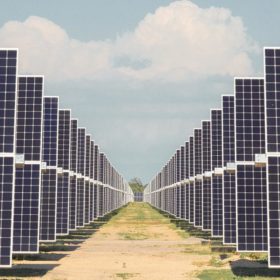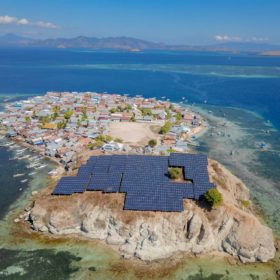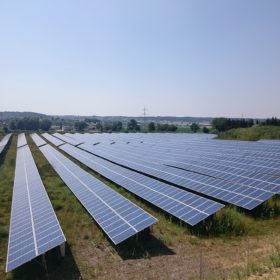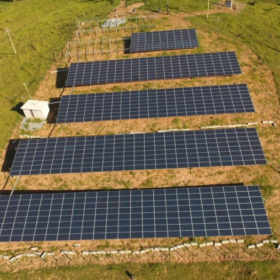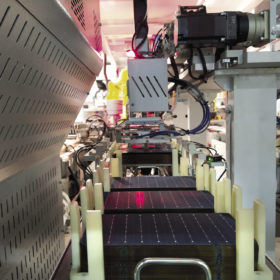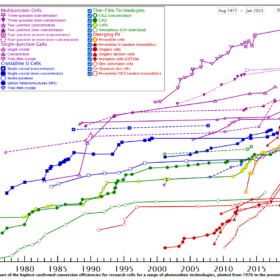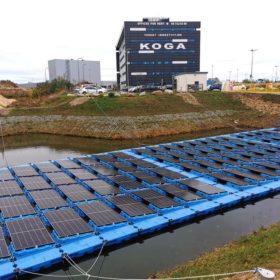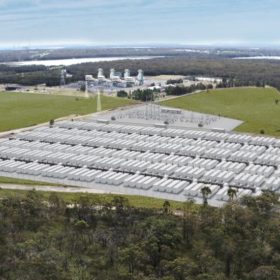Optimized tilt angle boosts solar generation in France, Italy by 4%
A group of researchers from Italy has proposed formulas to determine the optimal tilt angle for PV installations in France and Italy, claiming improved positioning would result in an increase in collectible solar energy of up to 4%.
Sun Cable to help unlock Indonesia’s green industry opportunity
Sun Cable plans to develop the world’s biggest intercontinental solar and storage project, and has signed a deal with the Indonesian government that could unlock more than AUD 170 billion ($115 billion) in renewable energy generation and transmission operations across the archipelago.
Non-linear degradation curves affecting solar project profitability
Italian scientists have looked at how non-linear degradation curves could affect the profitability of large-scale solar projects. They found that full substitution of the modules after 10 years could be justified if the performance loss rate was higher than 1% per year.
Brazil hits 22 GW milestone
Brazil has deployed 7 GW of utility-scale solar and 14.98 GW of distributed-generation PV projects below 5 MW in size to date.
India launches second phase of solar production incentive scheme
Solar Energy Corp. of India (SECI) has started accepting applications from solar manufacturers under the second phase of the production-linked incentive (PLI) scheme, with an outlay of about $2.4 billion.
Sunova Solar releases 575 W n-type PV panel with 22.2% efficiency
Sunova Solar is offering five versions of its new solar panels, with power outputs from 555 W to 575 W and efficiencies ranging from 21.4% to 22.2%. They have a temperature coefficient of -0.31% per degree Celsius.
The mobility rEVolution: Novel EV charger with solar-matching function
Viridian Solar has released a new 7 kW wall-mounted EV charger, Honda has secured certification to run a virtual power plant in Germany, and Bosch has joined forces with IBM to use quantum computing to conduct research on electromobility materials.
NREL updates interactive chart of solar cell efficiency
The US National Renewable Energy Laboratory (NREL) has released a new, interactive version of its research cell efficiency chart for a range of PV technologies.
Polish developer switches on floating solar project
Poland has started operating one of its first floating PV arrays on an artificial reservoir. The project features 110 bifacial modules floating on a platform supplied by Spain’s Isigenere.
Powin, BlackRock start working on world’s largest battery
US battery specialist Powin and US investment firm BlackRock have started work on a 909 MW/1,915 MWh battery energy storage system (BESS) in Australia. Construction is set to begin in 2023 and will finish by mid-2025.
